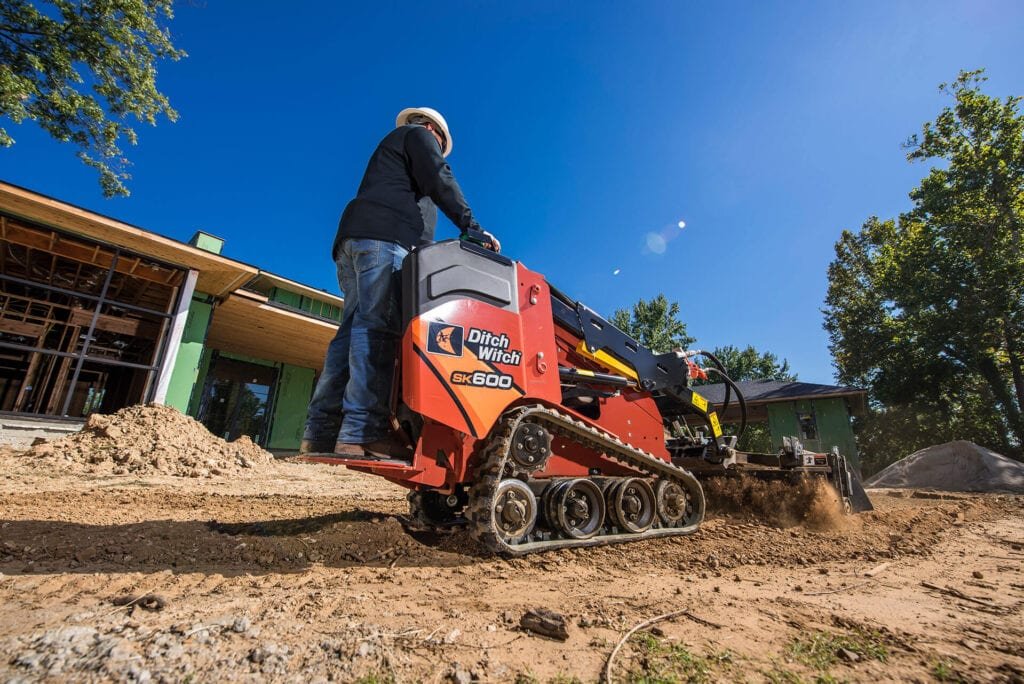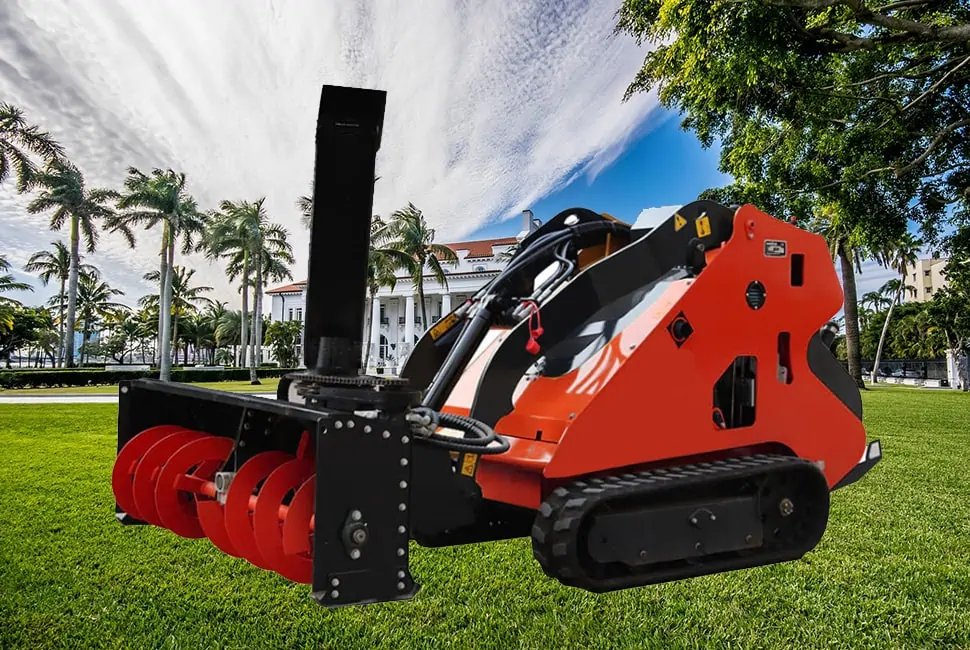Introduction
Compact loaders and skid steers are essential tools in various construction, landscaping, and industrial applications. These machines are designed to perform various tasks efficiently and effectively, but the high fuel cost can significantly impact the overall profitability of a business that relies on them. Minimizing fuel costs for compact loaders and skid steers is crucial for maintaining a competitive edge and maximizing profits.
Fuel expenses can account for a significant portion of operating costs, especially for businesses that rely on compact loaders and skid steers regularly. The high cost of fuel can put a strain on the bottom line, making it difficult to remain competitive in an increasingly challenging business landscape. By minimizing fuel costs, businesses can increase their profit margins and make their operations more sustainable in the long run.
There are several strategies that businesses can implement to minimize fuel costs for compact loaders and skid steers. These strategies include implementing fuel-efficient practices, such as reducing idling time, optimizing fuel consumption, and reducing travel distances. Additionally, investing in fuel-efficient equipment and regular maintenance can help improve the fuel efficiency of compact loaders and skid steers.
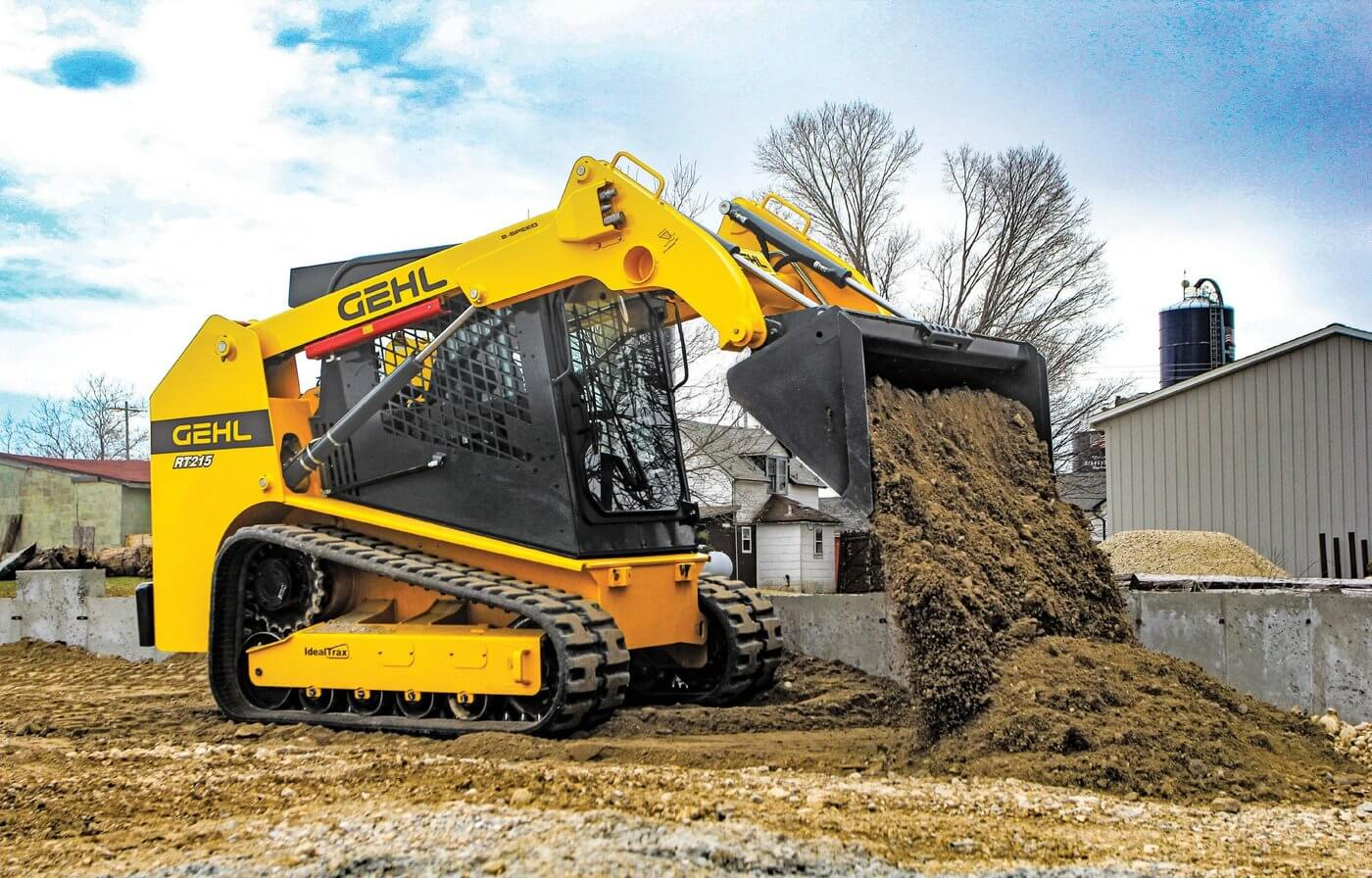
How Do Inefficient Skid Steers Impact Fuel Costs?
Inefficiency in skid steer loaders can significantly impact fuel costs in a number of ways. Here are some of the ways that inefficiency can increase fuel consumption and raise costs:
- Poor Engine Performance: If the engine of a skid steer loader is not functioning at its optimal level, it will consume more fuel to accomplish the same tasks. Engine problems such as clogged air filters, misfiring spark plugs, and low compression can all reduce the engine’s efficiency, leading to higher fuel costs.
- Overloading: Overloading the skid steer loader by carrying too much weight can cause the engine to work harder and consume more fuel. Additionally, an overloaded machine may be less maneuverable, leading to longer work times and more fuel consumption.
- Inefficient Hydraulics: Inefficient hydraulic systems can also cause increased fuel consumption. For example, if the hydraulic pumps are not functioning at their optimal levels, they will consume more fuel to generate the necessary power.
- Poor Maintenance: Regular maintenance is crucial for ensuring the efficiency of skid steer loaders. Neglecting regular maintenance tasks such as replacing filters, lubricating moving parts, and checking fluid levels can lead to increased fuel consumption and higher costs.
- Improper Operation: Improper operation of the skid steer loader can also result in increased fuel consumption. For example, if the operator engages the throttle too suddenly or engages the bucket too aggressively, the engine will consume more fuel.
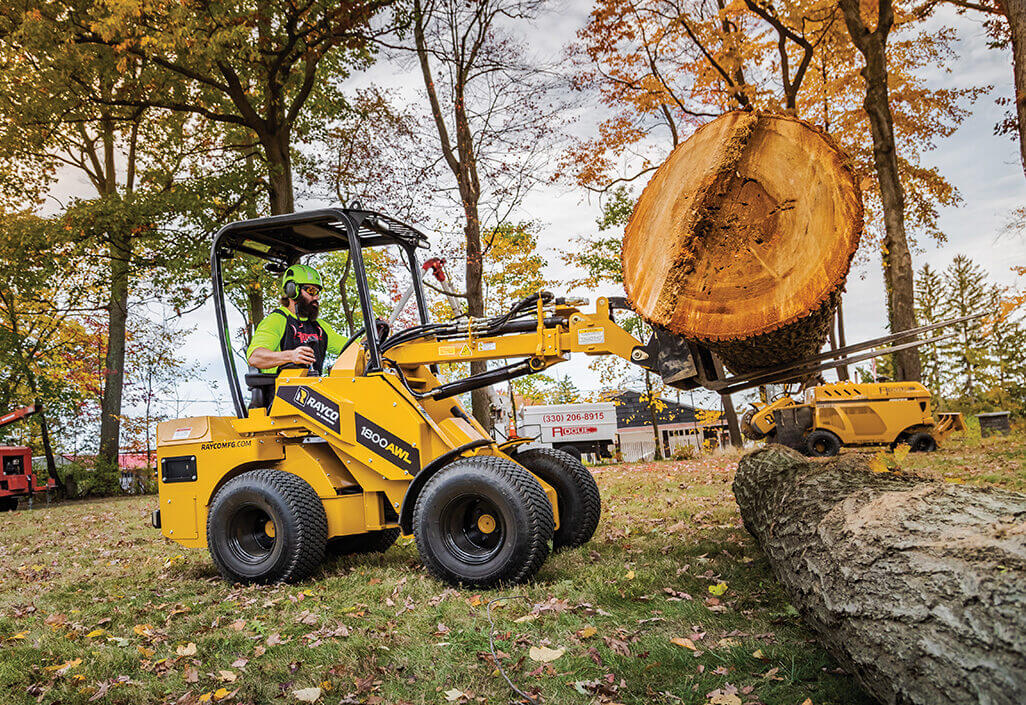
What Are the Tips to Reduce the Fuel Cost for Compact Loaders?
As the cost of fuel continues to rise, it’s becoming increasingly important for companies to find ways to reduce their fuel expenses for their heavy equipment. In this blog post, we’ll share some tips to help you save money on fuel costs for your heavy equipment.
Reduce idle time
Idling is one of the biggest culprits of increased fuel consumption. When a machine is idling, it’s still burning fuel even though it’s not accomplishing any work. To reduce fuel costs, try to minimize the amount of time that your heavy equipment is idling.
Educate the operators
Proper training and education of your heavy equipment operators can go a long way in reducing fuel costs. Teach them the importance of fuel efficiency and provide tips on how to operate the machines efficiently. This can help reduce fuel consumption by reducing idle time and avoiding speeding.
Avoid speeding
Speeding is another major factor that can increase fuel consumption. Try to keep your heavy equipment traveling at a consistent speed as much as possible, rather than accelerating and decelerating frequently. This will help reduce fuel consumption and increase fuel efficiency.
Avoid quick acceleration
Quick acceleration can put a lot of strain on the engine, causing it to consume more fuel. Encourage your operators to accelerate slowly and smoothly to reduce fuel consumption.
Reduce load
Overloading your heavy equipment can cause it to consume more fuel. To reduce fuel costs, try to keep the load as light as possible and avoid carrying more weight than necessary.
Plan workdays efficiently
Proper planning and scheduling can also help reduce fuel costs. Plan your workdays so that you can minimize the amount of time that your heavy equipment has to travel from one job site to another.
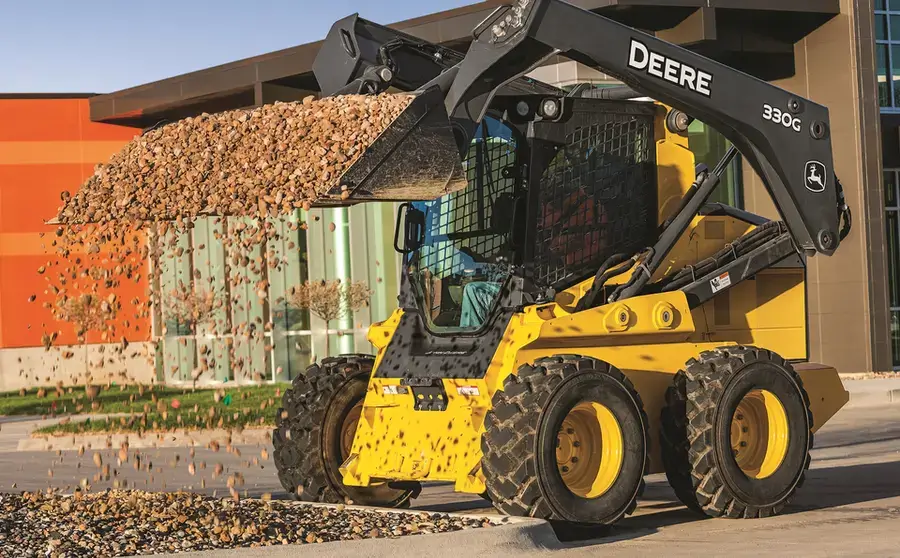
Get tune-ups regularly
Regular tune-ups can help keep your heavy equipment running smoothly and efficiently. This can help reduce fuel consumption and lower fuel costs.
Keep tires inflated
Proper tire inflation can also help reduce fuel costs. Underinflated tires can cause your heavy equipment to consume more fuel, so be sure to check the tire pressure regularly and keep the tires properly inflated.
Choose the right size and machine
Choosing the right size and type of heavy equipment for the job can also help reduce fuel costs. If you choose a machine that is too large for the job, it will consume more fuel than necessary.
Encourage good communication
Good communication between the operator and the ground crew can help reduce fuel costs by minimizing the amount of time that the machine is idle. Encourage your operator and ground crew to communicate effectively to minimize downtime and increase fuel efficiency.
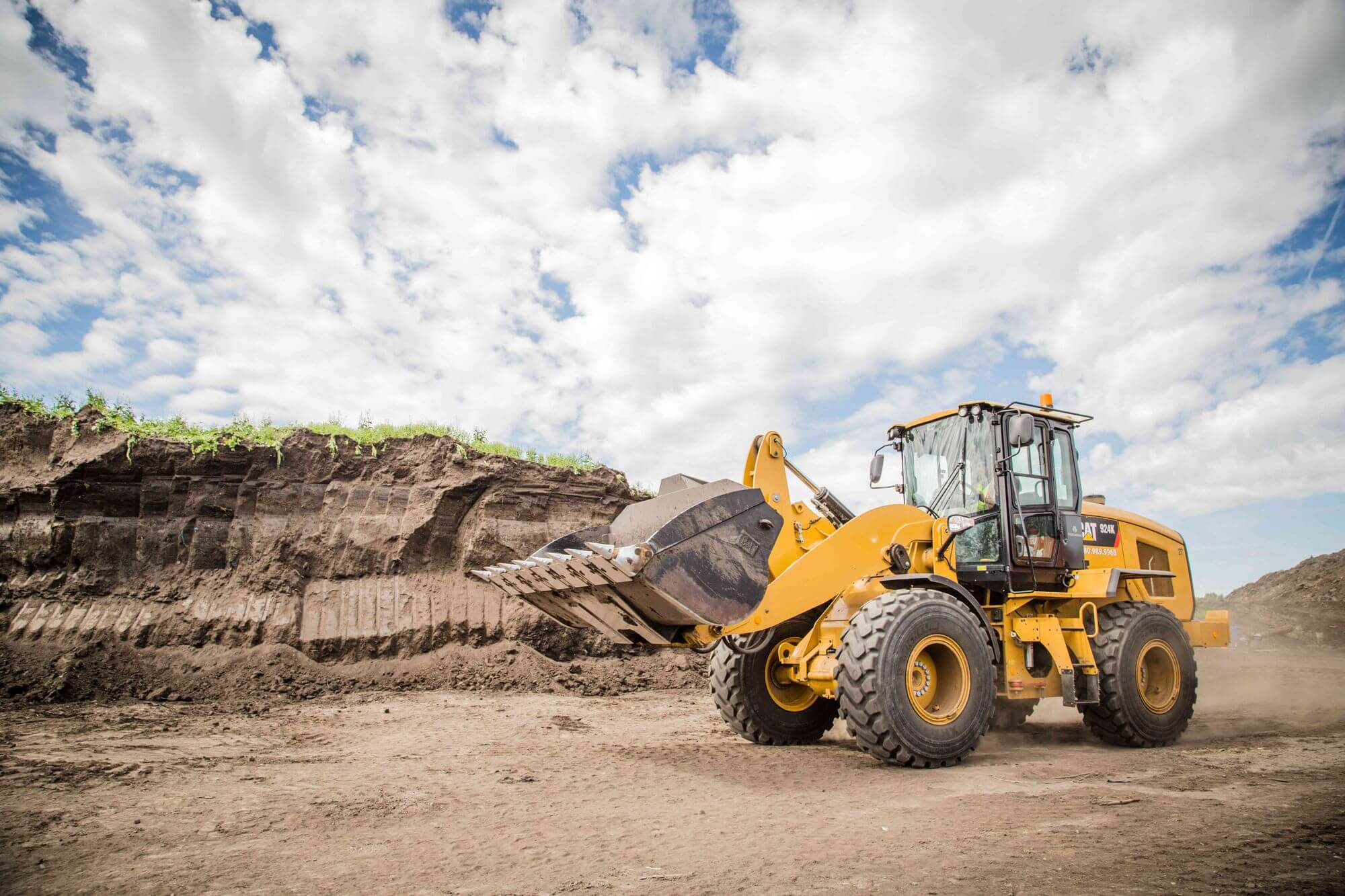
Adjust your RPM when shifting
Proper RPM management is also important for reducing fuel costs. Encourage your operators to adjust the RPM when shifting gears to reduce fuel consumption.
Ensure your machine’s teeth and cutting edges are sharp
Dull teeth and cutting edges can cause your heavy equipment to consume more fuel. Regularly sharpening the teeth and cutting edges can help reduce fuel consumption and lower fuel costs.
Upgrade your equipment
Finally, upgrading your heavy equipment to newer, more fuel-efficient models can help reduce fuel costs in the long run.
In addition to these tips, it’s also important to consider the quality of the diesel fuel you use for your heavy equipment. To maintain diesel fuel quality, you can consider bulk fuel considerations, fuel additives, and other strategies to help keep your fuel as clean and efficient as possible.
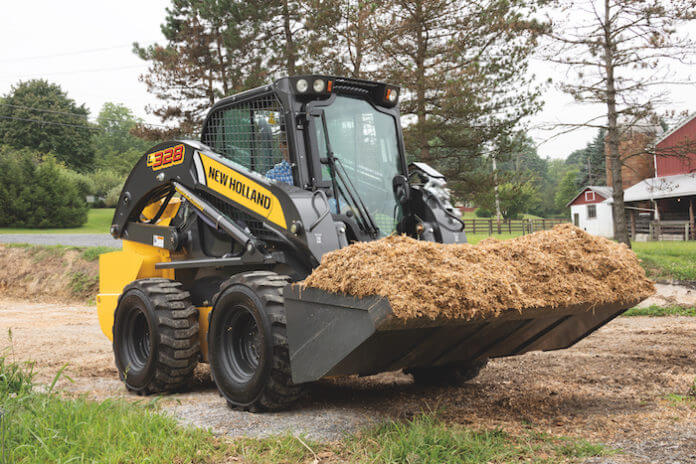
Reducing fuel costs for heavy equipment requires a combination of proper operator training, good communication, and effective maintenance strategies. By following these tips, you can help minimize
How to Maintaining Diesel Fuel Quality for Compact Equipment?
Maintaining diesel fuel quality is critical for the efficient operation of your compact equipment. By taking care of your diesel fuel, you can reduce costs and improve the performance of your equipment. In this blog post, we’ll discuss two essential strategies for maintaining diesel fuel quality: bulk fuel considerations and fuel additives.
Bulk Fuel Considerations
When it comes to diesel fuel, one of the most important things to consider is the source. Buying bulk fuel from a reputable supplier can help ensure that the diesel fuel you use is of high quality. Before you purchase bulk fuel, be sure to ask the supplier about their storage and handling practices.
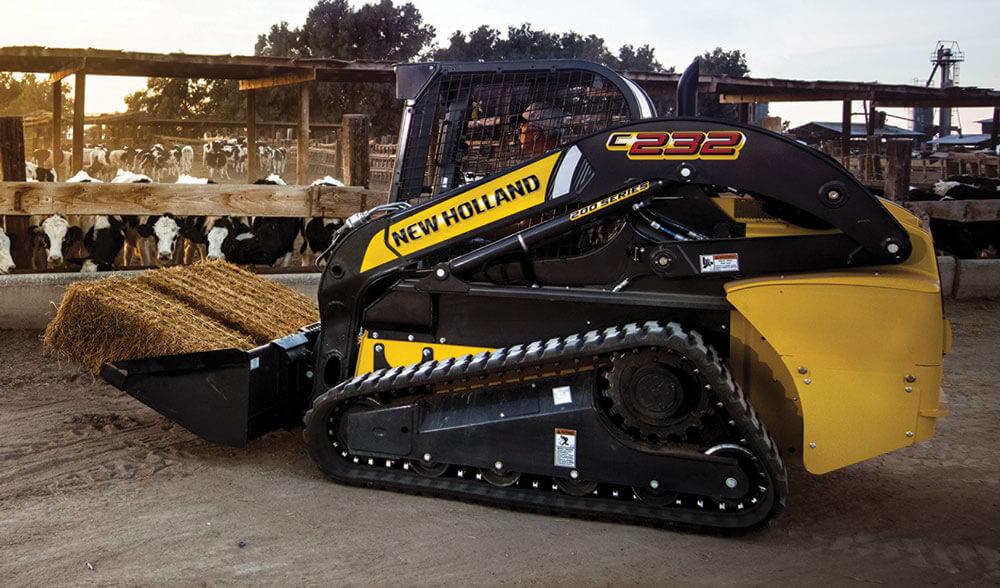
Make sure that the fuel is stored in a clean and dry environment to avoid contamination. Additionally, consider purchasing diesel fuel from a supplier who provides regular testing and analysis services to ensure that the fuel meets industry standards.
Fuel Additives
Another effective strategy for maintaining diesel fuel quality is the use of fuel additives. Fuel additives can help improve the performance of your diesel engine and prevent fuel contamination.
They can also help extend the life of your fuel injectors, reduce emissions, and improve fuel efficiency. When choosing a fuel additive, be sure to look for one that is specifically designed for diesel engines and that meets industry standards.

Purchase the Right Accessories for Your Equipment
In addition to the tips for reducing fuel costs for heavy equipment, purchasing the right accessories for your skid steer can also help increase fuel efficiency. Here are a few accessories to consider:
Hydraulic Couplers: When you are using attachments, make sure to use hydraulic couplers. These couplers can reduce the amount of time it takes to change attachments, thus reducing idling time and improving fuel efficiency.
Buckets and Forks: Investing in the right-sized buckets and forks can help reduce the number of trips you need to make and reduce your overall fuel consumption. Make sure to choose attachments that are designed specifically for your skid steer and that are the right size for your needs.
Tires: Investing in the right tires can also help improve fuel efficiency. Consider tires that are designed for improved traction and fuel efficiency. Make sure to keep your tires properly inflated, as under-inflated tires can reduce fuel efficiency.
Engine Block Heater: If you are working in a cold climate, consider purchasing an engine block heater. This accessory can help your engine start faster, reduce idling time, and improve fuel efficiency.
Engine Management System: An engine management system can help you monitor and control your skid steer’s engine performance. This system can provide you with real-time information about your skid steer’s fuel consumption, engine speed, and other important performance metrics.
By purchasing the right accessories for your skid steer, you can increase its fuel efficiency and reduce costs. Make sure to consider your specific needs and choose accessories that are designed to improve fuel efficiency. With the right accessories, you can get the most out of your skid steer and reduce your fuel costs.
Conclusion:
Skid steer loaders have become essential construction equipment that could highly improve our work efficiency. Considering all the above tips could help us save a lot on fuel consumption. If you are interested in one compact loader or skid steer loader, kindly please contact us now.

